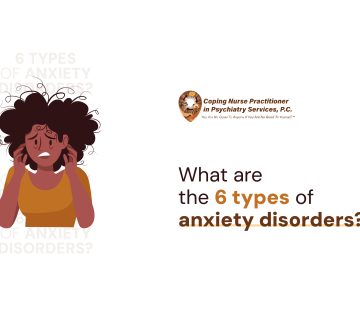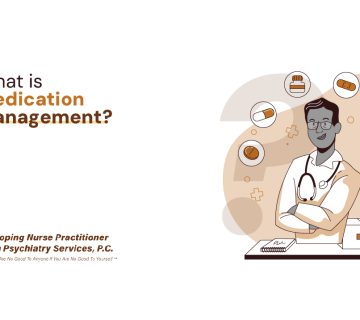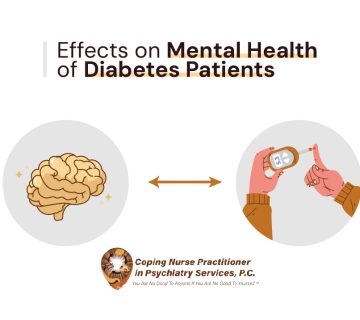Living with bipolar disorder can sometimes feel challenging. The disorder is marked by both highs and lows, both of which can be difficult. There are a couple of different types of bipolar disorder, but all can be hard to handle.
However, there are many reasons you can feel hopeful, even despite your condition. Dr. Judy E. Vansiea of Coping Nurse Practitioner in Psychiatry Services offers this reassuring guide with encouraging facts about dealing with bipolar disorder.
What is bipolar disorder?
Bipolar disorder formerly was known as manic-depressive disorder, but the term has fallen out of favor because it’s not necessarily the most accurate. The disorder comes in two main varieties, type 1 or type 2, although there’s also a third type called cyclothymic disorder, in which you alternate between the two primary varieties.
Type 1 bipolar disorder is characterized by at least one fully manic episode, followed by an episode of major depressive disorder.
A manic episode makes you feel much more active and “up” than usual. If this sounds like fun, it’s usually not, because you’re more likely to overspend money, gamble, cheat on a beloved partner, or otherwise behave recklessly. In some cases, being manic actually causes a loss of touch with reality.
Type 2 bipolar disorder is characterized by a milder form of manic episodes called hypomania. This type can be difficult to diagnose because you may not have “highs” that are quite as high as in full-fledged mania.
It’s also more common in type 2 bipolar disorder to spend more time in a deep period of depression.
These disorders can be challenging to diagnose, but they’re treatable. Take a moment to learn the encouraging facts about bipolar disorder.
About mood swings
Although you may have mood swings from extreme highs to extreme lows, most people find that these mood swings happen only a couple of times a year. It’s not what most people think of in terms of mood swings, that your mood shifts frequently or even several times a day.
Your mood is usually pretty stable, although certain things (like substance abuse or stress) can be triggers.
Medication works
Medication management is an essential part of treating bipolar disorder. Sometimes it can take a bit to find exactly the right combination of antidepressants and mood stabilizers that will work well for you, but there is one. Taking your medications as prescribed can help to prevent another mood swing.
Your lifestyle habits can help
If you have bipolar disorder, you need to do all of the things recommended to have a healthy lifestyle. For example, you’re likely to find that the following habits all help:
- Eating a healthy diet
- Eating at regular, predictable intervals
- Limiting or avoiding caffeine and alcohol
- Avoiding smoking
- Getting regular exercise
- Following a good sleep schedule
All of these activities are recommended for everyone to be able to live their best life. But when you have bipolar disorder, you find that they’re so helpful that you make them a regular part of your lifestyle.
Therapy is also helpful
As with most mental health conditions, we see the best results when we work together to combine medication with lifestyle changes and psychotherapy. Medication alone can do a lot, but it’s much better when you also regularly see a skilled provider.Dr. Vansiea can provide both therapy and medication management to control your symptoms and improve your quality of life.
In therapy, you learn skills and tips about how to manage your condition. You also get an impartial outside opinion about conflicts you may have with other people in your life and help toward finding solutions together for how to deal with them.
If you’ve been diagnosed with bipolar disorder or suspect that you may have it, you can learn how to survive and thrive with it.
Contact Dr. Judy E. Vansiea at Coping Nurse Practitioner in Psychiatry Services in Uniondale, New York, or call the office to request an appointment. Telehealth services are available too.





No comment